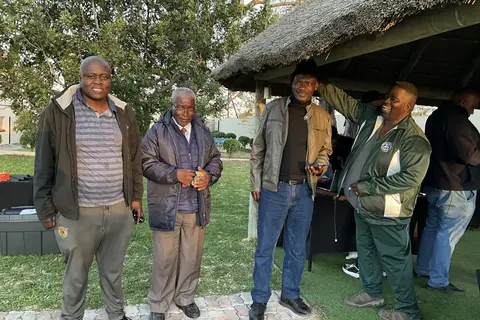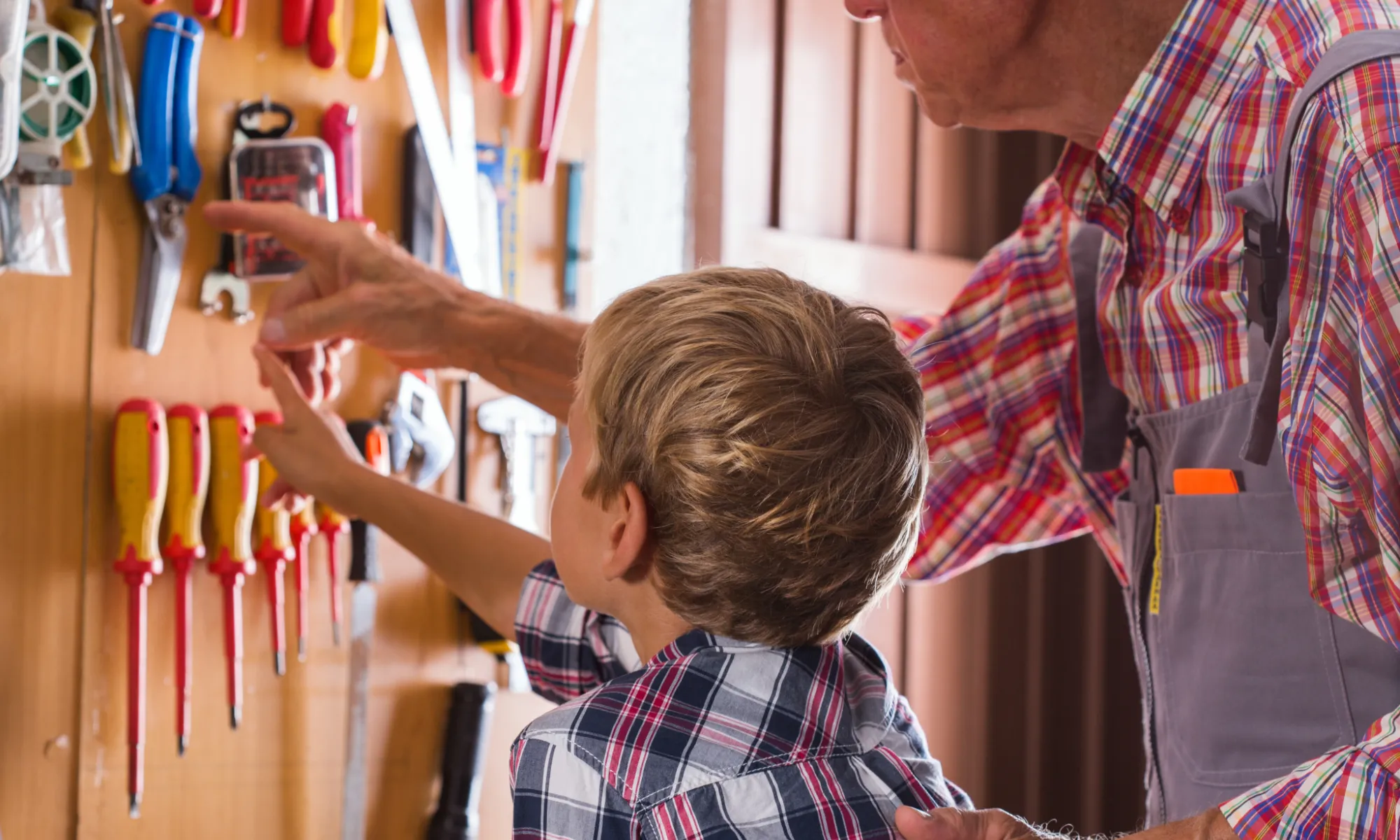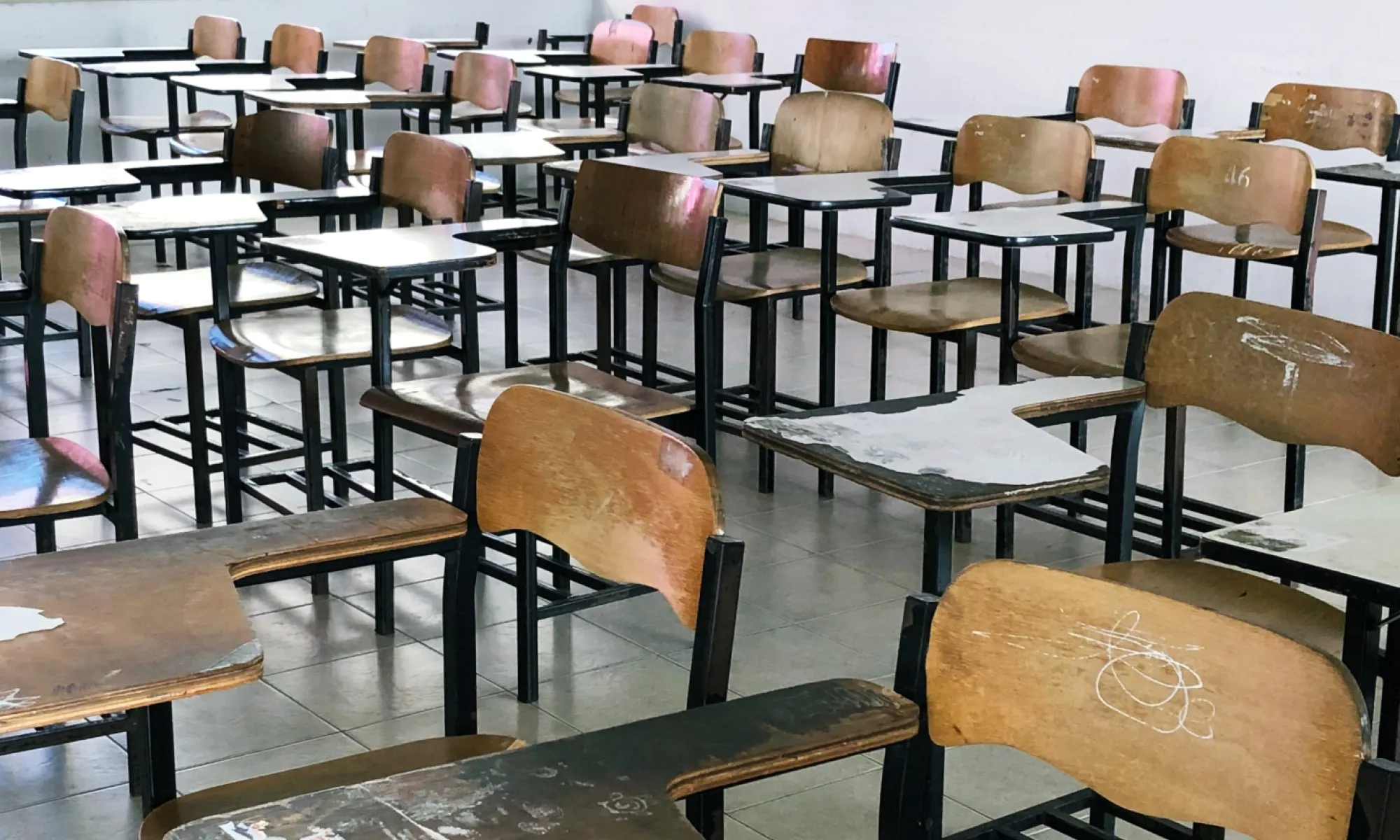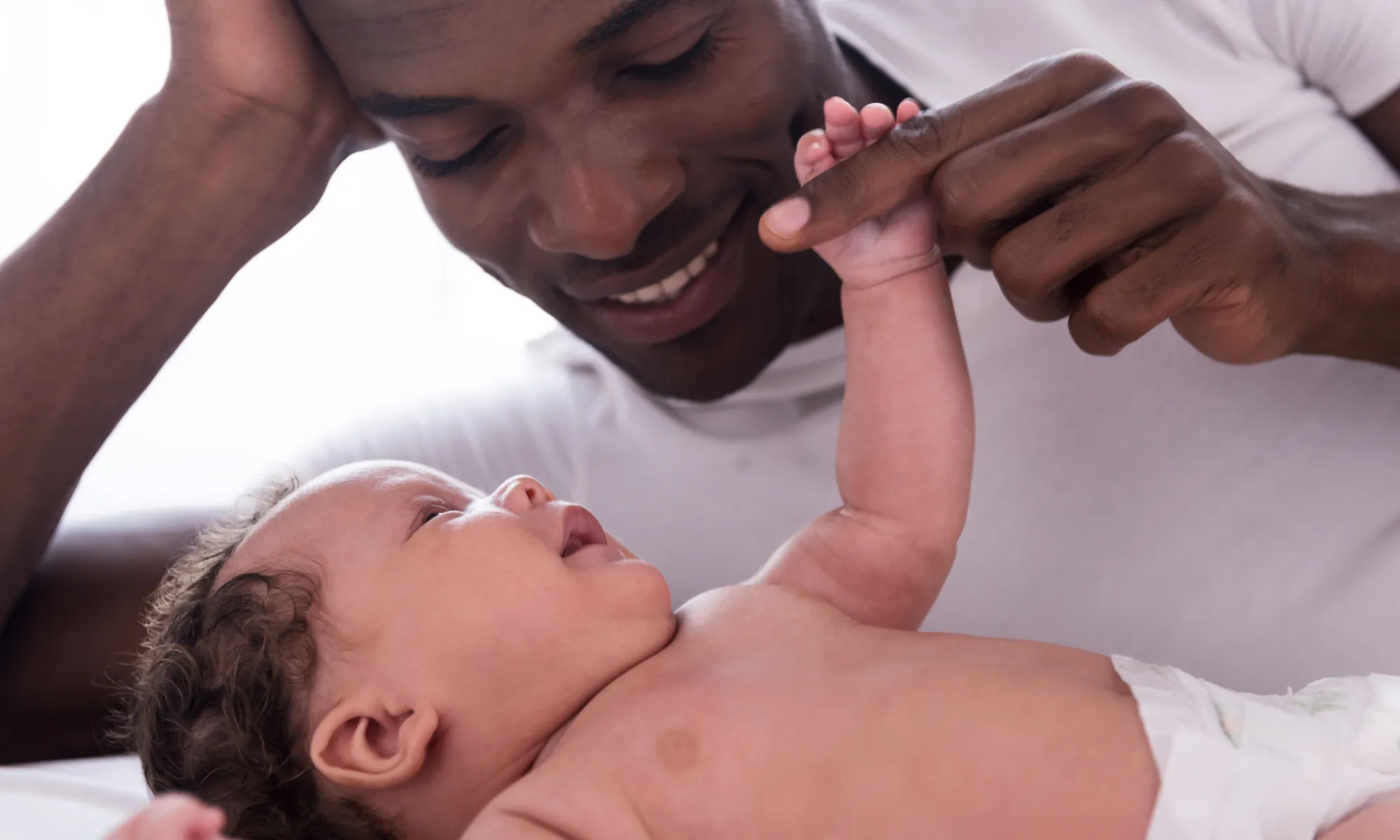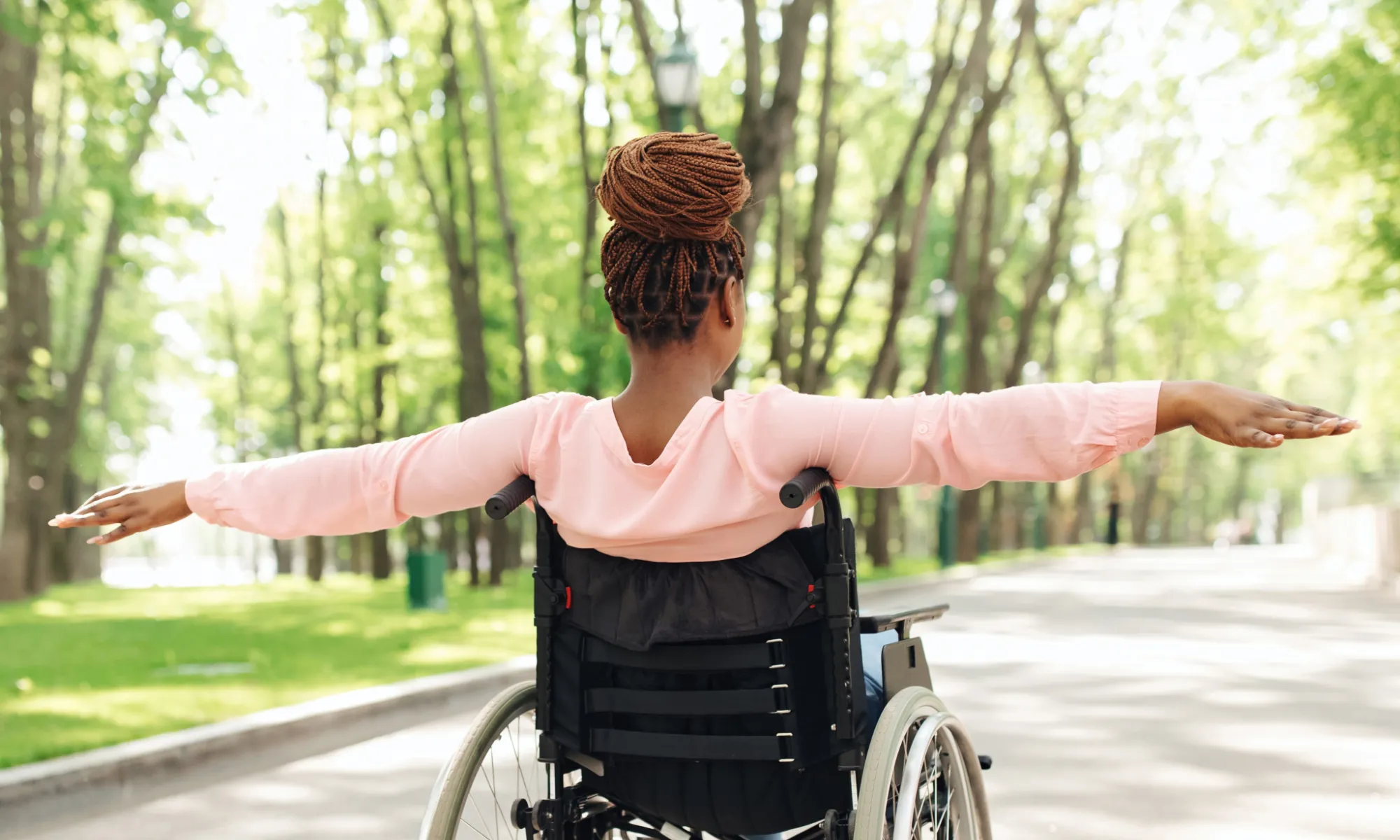The father I needed, the grandfather my son got
Grandfather vs father , Being a father , Father WoundKhulile's father showed love through work, not words. He put food on the table but missed every school play, every soccer game. Now retired, that same man doesn't miss a single match when his grandson plays. This contrast is something Khulile still finds difficult to come to terms with.
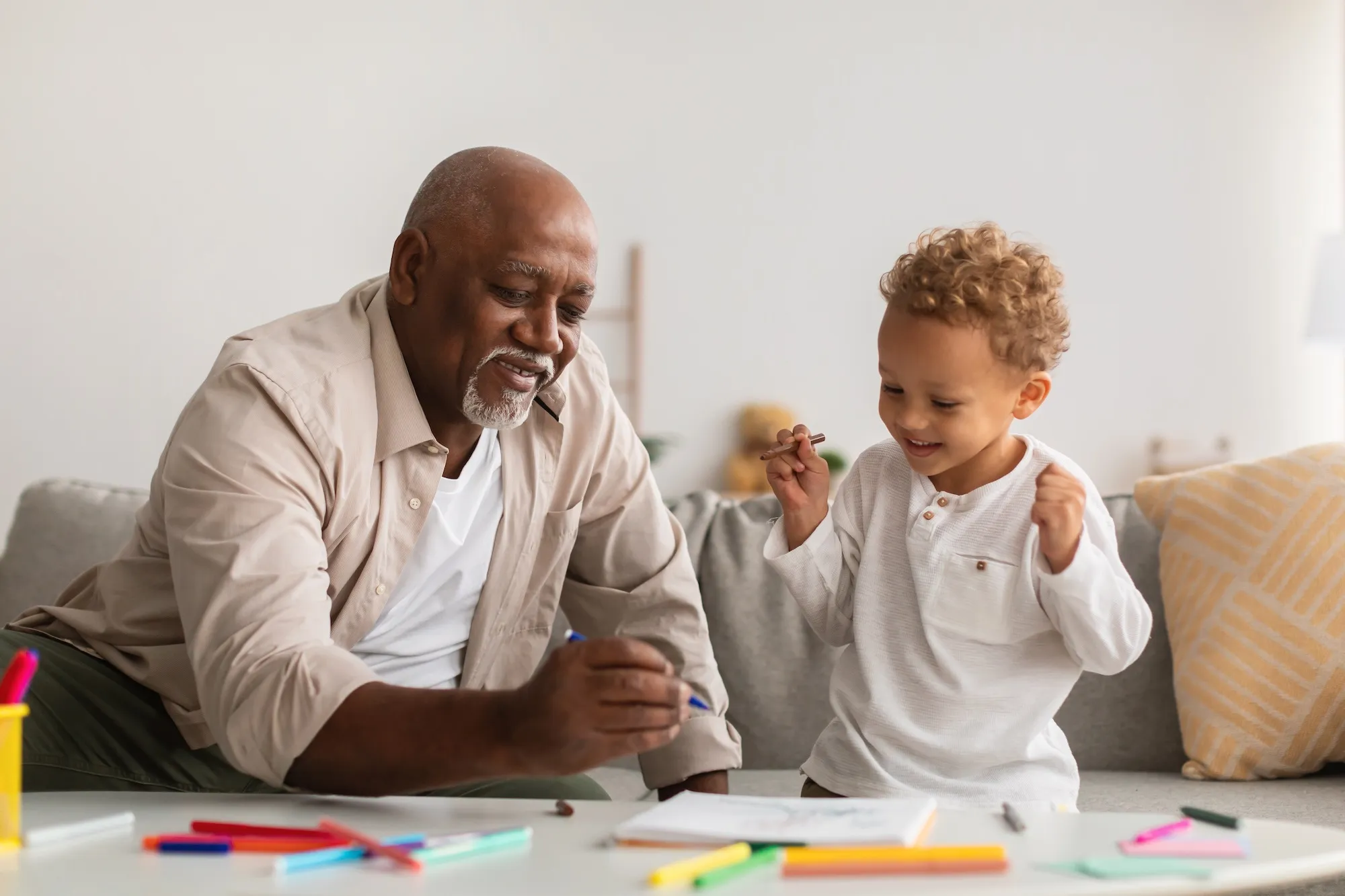
Khulile's childhood in Mthatha, Eastern Cape was marked by his father's physical absence. As a municipal manager, his father prioritised providing over participating. School events, parent-teacher meetings and soccer matches passed without his attendance.
"I learned not to expect him," Khulile says. "His love was in the roof over our heads, not in the stands cheering me on."
When home, his father emphasised discipline and responsibility. Conversations about feelings or personal struggles were uncommon. His parenting philosophy focused on preparing Khulile for the world's harsh realities rather than offering emotional comfort.
A grandfather transformed by time
The difference between how he is now as a grandfather and how he was as a father couldn’t be bigger. Khulile's father now organises his schedule around his grandson's activities. Now his father arrives early to school drama productions, phone already recording. He has hot chocolate and snacks ready for his grandson when he comes from soccer practice in winter.
He meticulously records all school events in his Google Calendar that he has taken the time to figure out. He initiates conversations about his grandson's daily experiences and emotions.
"He's the grandfather I wish I'd had as a father," Khulile observes. "While I'm happy for my son, the difference is sometimes painful to witness."
Reconciling the past with the present
Khulile grapples with understanding this transformation, but his father explains it as a product of maturity and having more time in retirement. Khulile questions why his father’s awareness came so late. And, when he has the courage, he presses his father on why he wasn’t there, especially in moments when his presence as a grandfather seems to press on the emotional bruise left by his absence as a father.
"He says he didn't know better then," Khulile shares. "But children's needs haven't changed. We've always needed both provision and presence."
This realisation has shaped Khulile's approach to parenting. Where his father was absent, he now makes sure to be present. Where his father was silent, he strives to create an environment that encourages open communication.
Creating a new legacy
Khulile has set out to intentionally break a generational pattern through small yet significant daily actions. He attends every important event in his son's life. He creates regular opportunities for meaningful connection. He freely expresses pride, approval, and affection. He involves himself in his son's education and hobbies.
"My son will grow up secure in his worth," Khulile states. "That certainty, I feel, is how we heal generational wounds."
Three generations of fathers. One evolving understanding of parental love. And a child who will benefit from both the lessons of the past and the progress of the present.

David Nyland
David is a sensitive and intuitive copywriter with experience in marketing and advertising. He has a passion for crafting compelling content that resonates with audiences.
Featured
